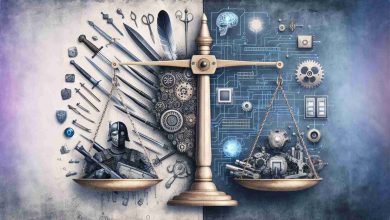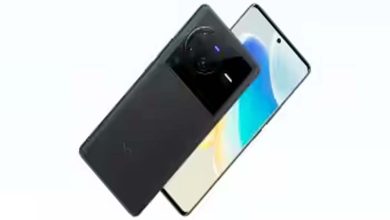Revolutionary AI has taken the world by storm, know how

Technology: To say generative AI is growing rapidly in today’s tech landscape is an understatement. At the recent Data & Security in Healthcare conference held on October 8, Ralph Kootkar, CTO of Revodata, shared some staggering statistics. While it took streaming giant Netflix 3.5 years to reach its first million users, and social media platforms like Facebook and Instagram took ten months and 2.5 months respectively, OpenAI’s ChatGPT achieved this feat in just five days.
When Kootkar prompted the audience many attendees admitted to using ChatGPT personally, yet very few have used it professionally. Despite the appeal of simplifying complex reports into concise summaries, healthcare professionals should consider the implications of sharing sensitive information with a third party like OpenAI, whose data handling practices are somewhat murky.
Large language models (LLMs) like ChatGPT offer unprecedented potential for streamlining healthcare operations. Its applications range from instant transcription of patient conversations using speech-to-text technology to automated discharge notes and informative chatbots. However, the industry must be cautious about the evolving nature of these technologies, balancing potential advancements with inherent risks.
Hans Hendriks of Uniserver emphasized the importance of private AI solutions for protecting sensitive healthcare data. By keeping valuable information in a secure environment, healthcare organizations can effectively use AI without compromising privacy. Hendriks advocated for responsible AI implementation, highlighting its strategic rather than universal application potential. In summary, while generative AI models like ChatGPT present remarkable opportunities, they also demand cautious and strategic integration within the healthcare sector.





